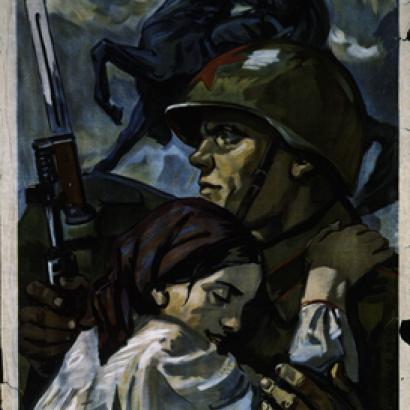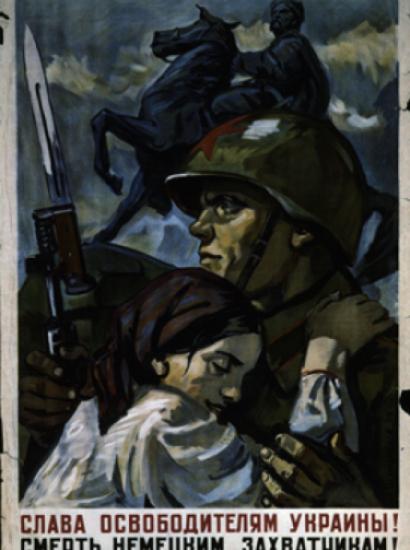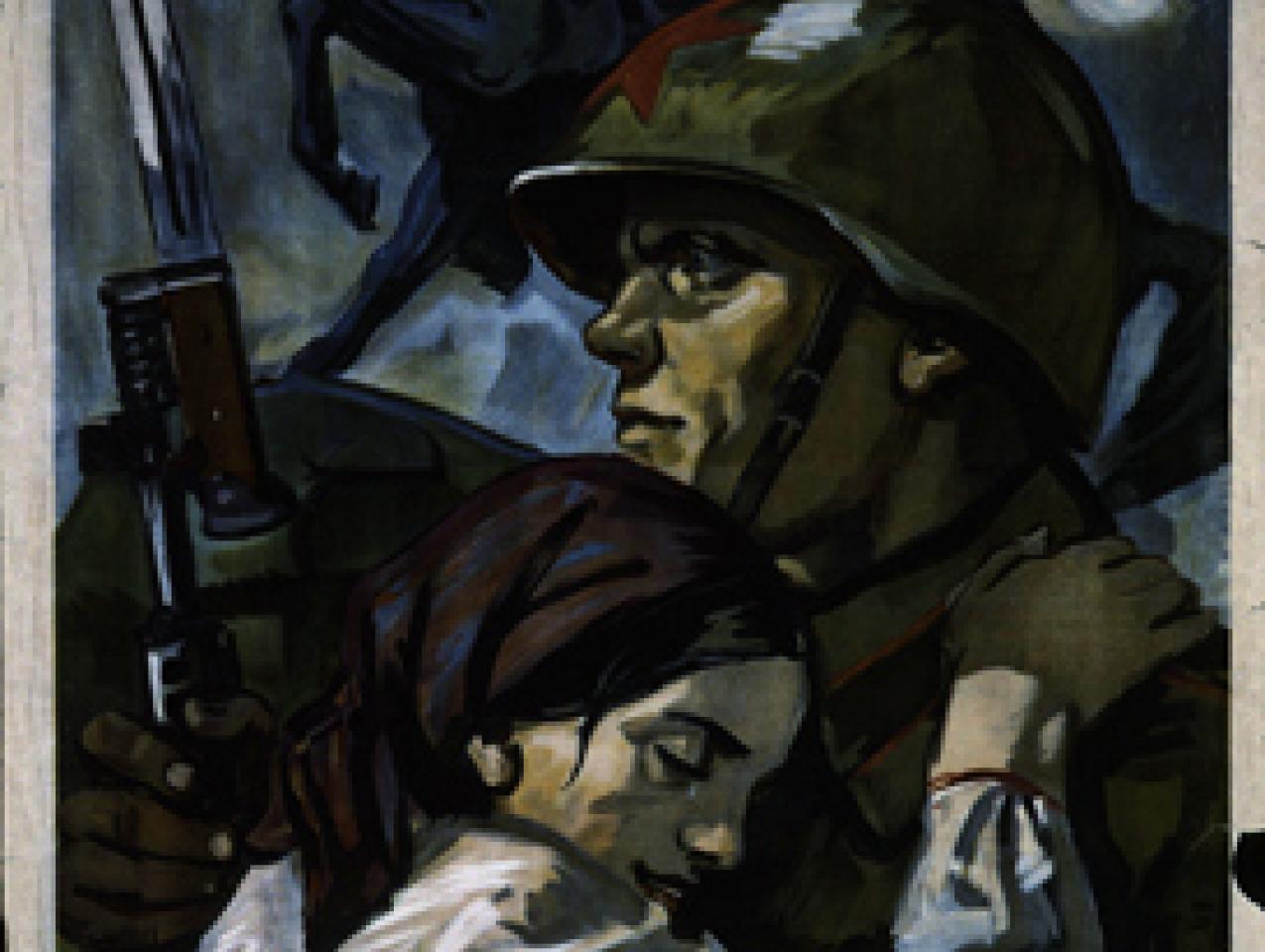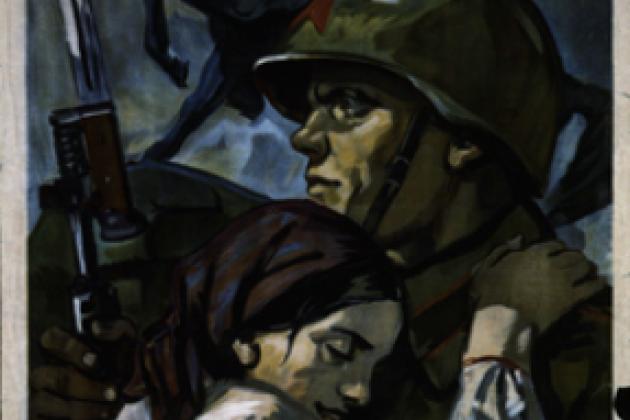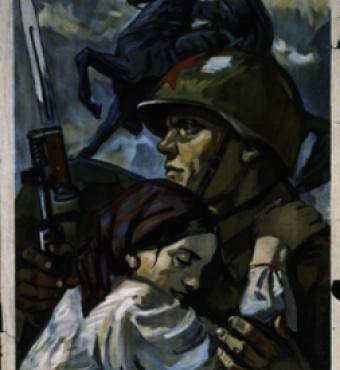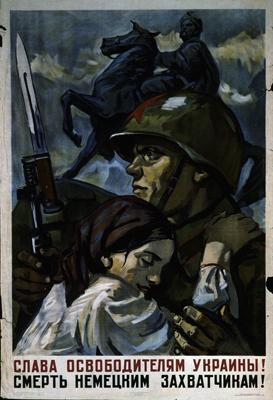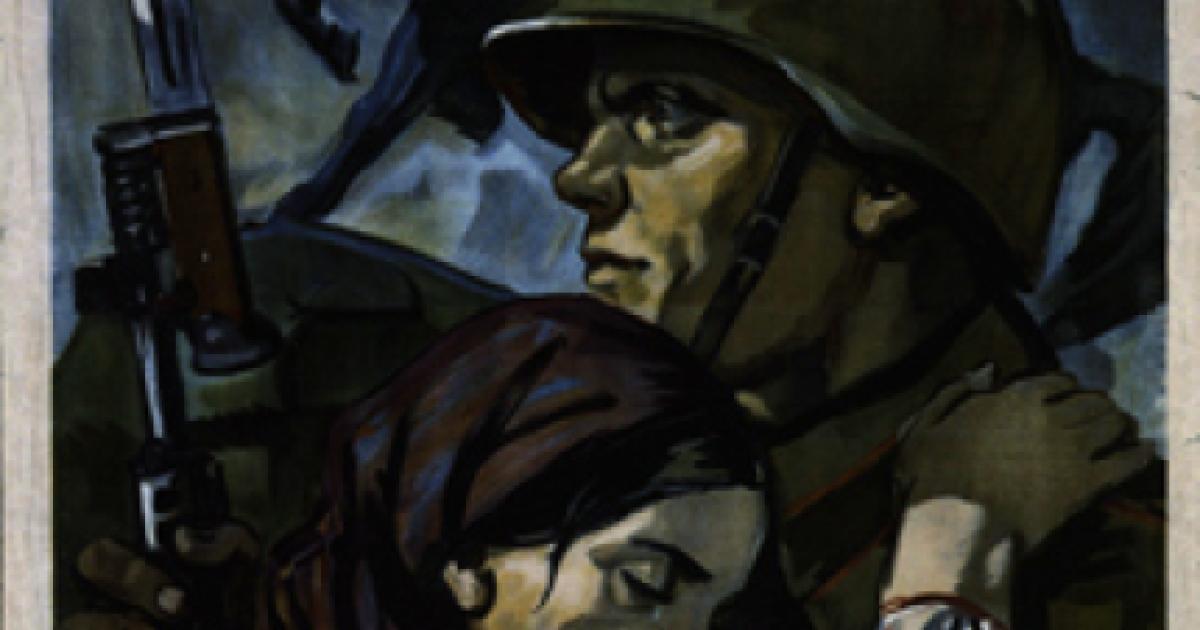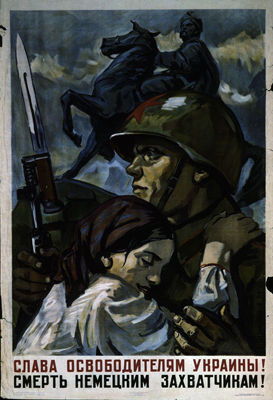
Ukraine gained its independence with the collapse of the Soviet Union in 1991, squandering the subsequent twenty years by corruption and poor governance. In 1994, the United States, Great Britain, and Russia took on an explicit responsibility for Ukraine’s territorial integrity and political independence in return for newly independent Ukraine giving up the world’s third largest nuclear arsenal. Neither NATO nor the EU was willing to admit Ukraine, and both attempted to blur the line of their commitment by encouraging future membership, which sadly did little to dent the invidious political and economic practices of elites. Real GDP per capita declined nearly 50% in Ukraine between 1993-2013.
Blatant election fraud in 2004 led to a popular uprising and aspirations of Ukraine overcoming its tragic history and prospering as a Western country. But the Orange Revolution foundered, sinking the country back into the mire of its decrepit politics: lack of reform, use of all branches of government for harassment of political opposition, concentration of power in the Presidency, crony economics. Freedom House decried “evidence of a broadly antidemocratic trend.” The European Union (led by the Swedish and Polish governments) had been active in negotiating an Association Agreement with Ukraine, offering capital (Ukraine had been closed out of borrowing markets) in return for political and economic reforms.
The current unrest began when Ukrainian President Yanukovich unexpectedly rejected the Association Agreement in February, instead choosing a Russian offer of political alliance and economic assistance. Large-scale protests in Kiev were met with force, and snipers firing into the crowds killed over a hundred people. The U.S. and EU brokered a deal with protesters and the government to schedule elections, but it was overtaken by events when President Yanukovich fled to Russia. Protesters succeeded in unifying around an interim government and scheduled elections for May 25.
The Russian government claims the new government in Ukraine is illegitimate, the product of an “illegal coup” against Yanukovich, funded and directed by the West. Russian media have been virulent, whipping up the fears of Russians in Ukraine. One of the first acts of the parliament (overturned by the acting President) was to pass legislation restricting the use of the Russian language, which the Russians have used as a pretext for protecting ethnic Russians in Ukraine.
Ukraine before the Russian seizure of Crimea was ethnically 78% Ukrainian, 17% Russian, and less than 1% each Belorussian, Moldovan, and Tatar. The Russian population lives principally in eastern Ukraine, which borders on Russia, and Crimea, where Russian naval bases and forced expulsion of Tatars and Ukrainians made for a Russian majority.
On February 27, paramilitary troops began setting up blockades and taking over government installations in Crimea. They appointed as governor a pro-Russian politician who had garnered only 4% of votes in the previous election. Both houses of the Russian legislature overwhelmingly passed resolutions giving Vladimir Putin authority to use Russian military forces in Crimea. In early March, the Supreme Council of Crimea voted to secede from Ukraine; a hastily organized referendum on joining Russia passed with 95% of Crimean voters supporting. The Russian Duma voted to accept Crimea as a part of Russia.
Russian military operations in Crimea began with paramilitary forces and only transitioned to identifiable military units and vehicles when it was clear the moves would meet no resistance, either from Ukraine or intervention by the West. Russia currently has military exercises involving 40,000 soldiers ongoing along the Ukrainian border. Paramilitary forces are now replicating the Crimea pattern in several cities along Ukraine’s eastern border.
The Kiev government is not in control of the east of the country. It had given militants an ultimatum to vacate government buildings on April 12th; yet the “large-scale antiterrorist operation” did not materialize. Instead, the government of acting President Oleksandr Turchynov took a conciliatory tack and offered a nation-wide referendum on increasing regional powers. At the time of this writing, it is not clear whether that decision was one of political amelioration or military necessity because the government in Kiev and the Ukrainian military were unable to carry out the threatened operations. There is, however, reporting of pro-Russian militants successfully recruiting entire police forces in Ukraine’s eastern towns of Sloviansk and Kramatorsk.
The U.S. and European countries have refused to recognize either Crimea’s independence or its accession. They have also refused requests from the Ukrainian government for military assistance. In lieu of providing the small arms and intelligence Ukraine asked for, the U.S. government has given 300,000 meals-ready-to-eat (MREs), delivered commercially rather than by military transport. The U.S. and EU have also provided loan guarantees to Ukraine to see it through the near-term economic crisis. The West, led by the Obama Administration, has clearly stated that it will not use military force to turn back the Russian invasion, either of Crimea or other parts of Ukraine. President Obama himself said, “We are not going to be getting into a military excursion in Ukraine.”
Their policy relies on diplomatic isolation of Russia and an escalating level of economic sanctions. These sanctions so far have extended only to individuals marginal to Vladimir Putin’s administration and one bank. Other sanctions under consideration are restrictions on Russian banking and property, boycotting Russian oil and gas, travel restrictions, and across the board bans on commerce with Russian firms. Even if strongly advocated by the Obama Administration, these are unlikely to be adopted, however, because the economic penalties fall so unevenly, and predominantly on European allies. Germany in particular is ambivalent about sanctioning Moscow—two-thirds of the German public opposes sanctions on Russia, and the figure among German businesspeople is much higher.
The challenge of a policy of economic leverage is that it takes considerable time for effect. Russia’s aggressive use of economic blackmail against Ukraine has already commenced a move by Europeans to reduce their reliance on Russian oil and gas. Achieving that goal is at least a decade away, and Russians may calculate that as an inevitable outcome anyway, so not alter their behavior. Europe’s own economic health is so fragile that governments will be hesitant to pull the trigger. And the same goes for investment bans that will hit London’s City particularly hard, or manufacturing restrictions that weigh on German companies.
NATO has rescinded all military cooperation with Russia. The Supreme Allied Commander Europe, General Breedlove, is to report to NATO nations this week with recommendations for strengthening NATO’s defenses in response to Russia’s aggression in Ukraine. Poland has requested the stationing of two brigades of U.S. troops as reassurance Russia will not be able to replicate its Ukraine tactics against a NATO ally; other security reassurances are sure to be wanted by European allies still smarting from the Obama Administration’s loudly-announced pivot to Asia.
U.S. and European policy since 1991 has been to consolidate countries of the West into NATO, encourage them into the EU, and create a sense of security in transitioning countries by involvement with them. With Russia, the U.S., and Europe have been trying to have it both ways: acting against Russia’s expressed concerns about NATO expansion, protecting Kosovo against Serbia, deploying missile defenses, while still cajoling Russia into a western cooperative security mindset. That policy has reached the end of its road. We now have to choose whether to try and conciliate Russia or protect countries from it.
Russia has increased defense spending 79% in the last decade. It now spends 4.5% of GDP on defense, roughly three times the NATO average. NATO Secretary General Anders Fogh Rasmussen sums up their approach as “a revisionist Russia trying to redraw the European map by force.” Perhaps we ought to have listened more carefully and revised our policies in 2005, when Vladimir Putin declared the break up of the Soviet Union “the biggest geopolitical catastrophe of the twentieth century.”








